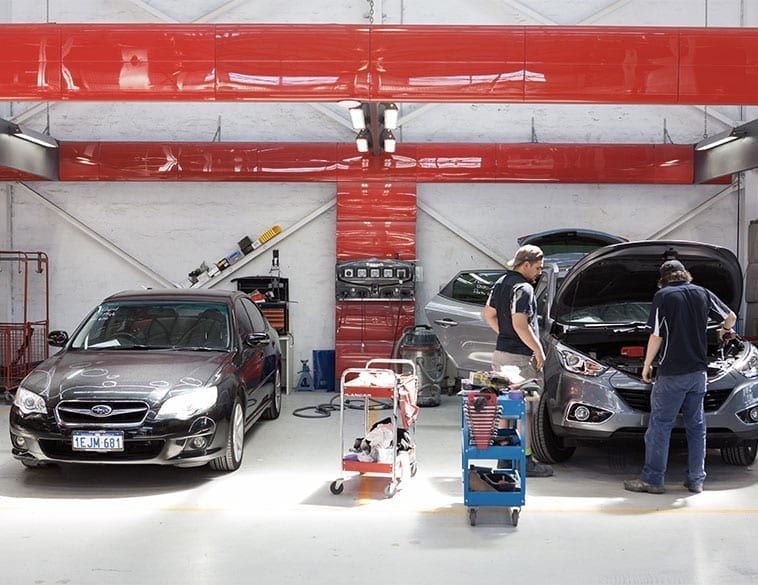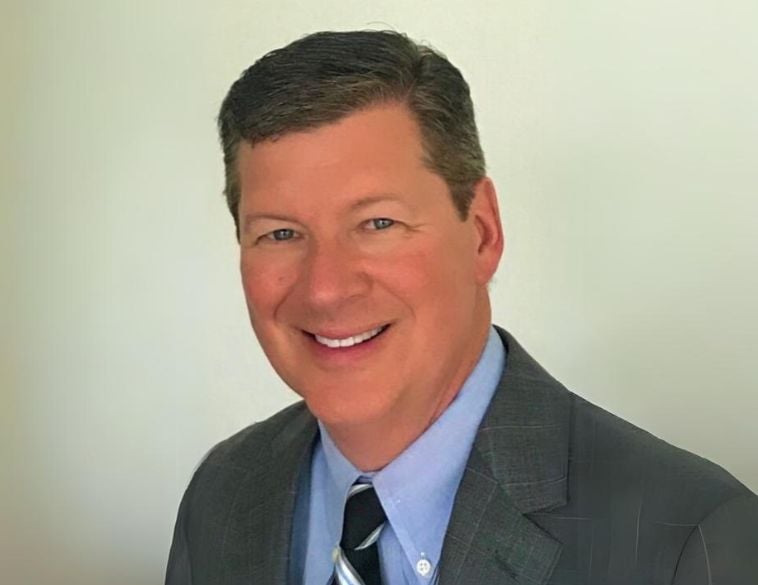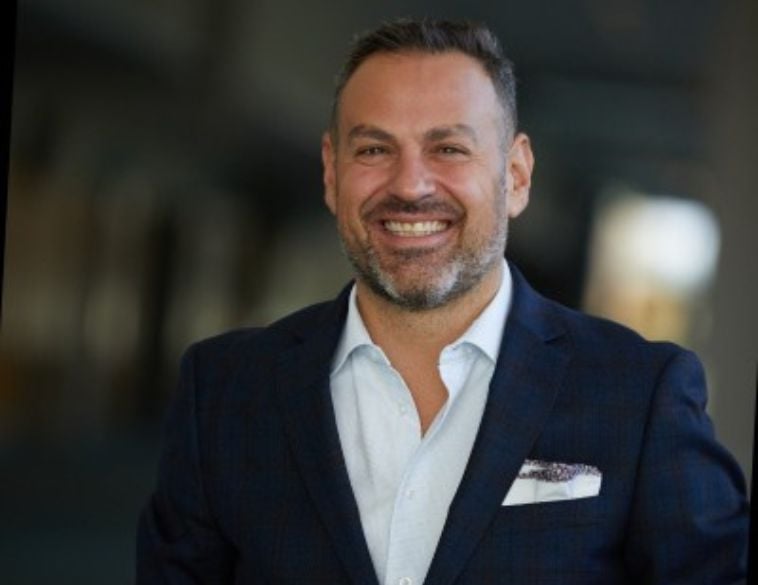Australia experienced the COVID-19 emergency effect as hard as any other country in the world. Western Australia (WA) is one state within Australia that has started the journey to recovery recently after a success lockdown period and now starts to see restrictions been released.
Let’s see what Aaron Scagliotta, Gino’s Panel & Paint shop’s Director, based in Freemantle, WA, said to Symach:
“There was never ‘complete lockdown’ for our industry here in WA for us, as we were considered an ‘Essential Service’ once we followed COVID Health guidelines to protect ourselves and others. Important steps were taken such as the following: all social distancing rules, including marking the reception floor to the desk distance.
We also reduced the number of people allowed in reception to one at a time. The weather was great which enabled us to set up individual waiting areas outside as well. We also better-scheduled drop off and pick up for clients”. said Scagliotta.
“Gloves were worn by all our employees (and strictly enforced). Hand sanitizer was readily available and encouraged. We used bags and bagged all clients’ keys, this allows the opportunity to create a contactless environment. We have always used a disposable steering wheel, gear stick, and seat covers.
Each vehicle at ‘check-in’ was given a pre and post sanitation with a hospital-grade disinfectant mist that would not damage any surfaces including all interiors. The workers’ shifts were staggered, so if we did have contamination, we would only lose 50% of people to isolation. Lunchrooms were closed.”
Mr. Scagliotta said they initially saw a 70% drop off in volume allocation, however, they were extremely busy with a lot of bookings prior to the COVID pandemic lockdown. “This enabled us to have a “cushion” of work during the start of lockdown.
Eventually, as restrictions ease, the business did improve, but overall we are seeing approx. 30% drop to prior COVID restrictions now. The business took the chance to review the staffing levels and lowered the number of employees.
The non-productive employees’ hours were reduced by 50% and the productive employees’ were only reduced by 33%. These team members were divided into 2 shifts and just they adjusted the workflow to match exactly.
The business knew that the unfortunate reality was that fixed costs of running a business would not change, apart from non-productives.”
However, Mr. Scagliotta felt that with the adjusted number of employees and workload, they had an opportunity to manage the gross profit to be as good as before, if not better.
“This obviously also involves the question primarily of ‘how productive your team can be?’ said Aaron.
“The Symach equipment always encourages minimal unnecessary movement (also good during these times for health reasons, not having to enter a car as often) and also helps to limit the main constraint which is in this case the spray booth. We were still able to do a pretty impressive number of cars, considering the number of people in the paint team.”
We asked Scagliotta what piece of advice would he feel to give to other shop owners to cope with restrictions, lowered volumes, and still successfully run the business at the same time: “Firstly watch your non-productive labor costs in your revenue, adjust down accordingly.
This is the big fixed cost and can be adjusted. Obviously you still need to provide service to your customers, but you would be surprised how much extra revenue is there. Then you must really focus on your costs of goods sold, labor, paint and then consumables.
Labor is by far the biggest cost, you must make sure the production staff is really productive. Focus on selling their time effectively, reduce their unnecessary movement, and focus on systems and processes; you want them working on cars for nearly their whole day.
Measure their productivity, performance management. Then watch your paint spend in relation to the paint revenue, any other way is not accurate. Make sure you are doing equal to or better than the benchmark, measure this religiously. If it does not look good start asking the hard questions. “ Consumables – see paint.”
Mr. Scagliotta believes that all new work practices, apart from split shifts, such as lunchrooms and restricted office numbers remain, and will remain for the near future.



